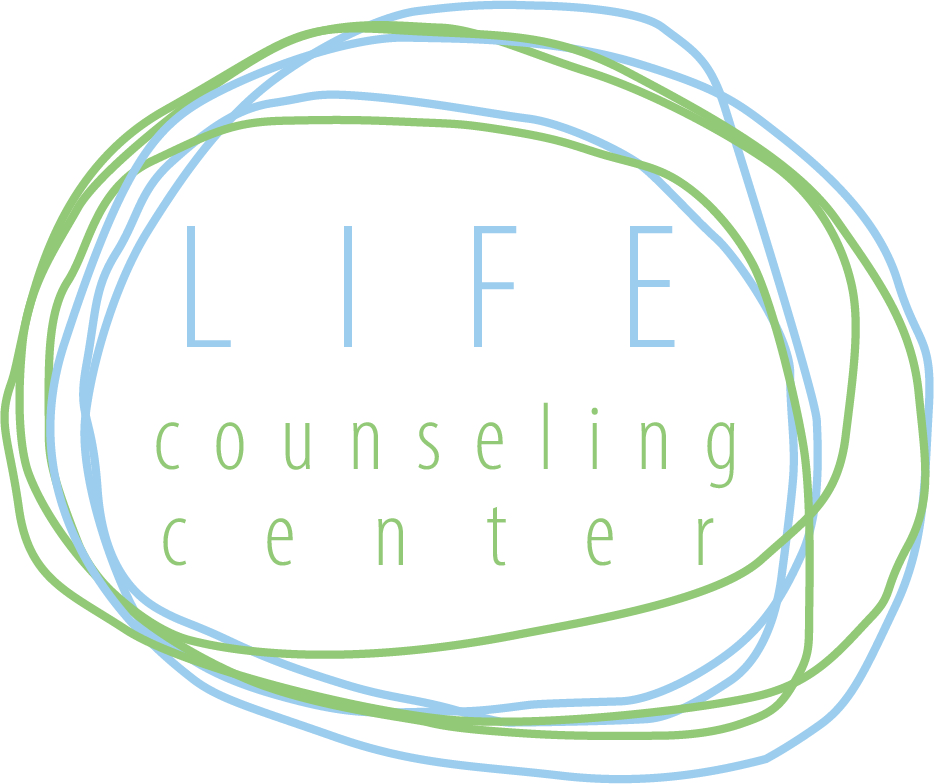Community based and rehabilitative services (CBRS)
Also known as Rehabilitative Services, Community Based Rehabilitation Services (CBRS) are available for adults and/or children who receive Idaho Medicaid and are in need of increased behavioral health support.
Children and Adolescents
Community Based Rehabilitation Services are a home or community-based program available to children and adolescents who are recovering from a serious emotional disturbance (SED). The program promotes resilience and the acquisition of age-appropriate skills, or with compensating or eliminating functional deficits associated with their emotional disturbance.
The intent of Community Based Rehabilitation Services for children and adolescents is to either rehabilitate the child/adolescent member’s capacity impairment or to teach age-appropriate skills that may not have been acquired as a result of the SED. Eventually, the goal is that the member be capable with the lowest level of professional intervention (least restrictive services). CBRS addresses specific skill-building support needs and is not a generic support service or intended to be long-term assistance.
CBRS Services are focused on enhancing the quality of life for people with mental illness through rehabilitation strategies, equal opportunities, and social inclusion.
Each individual in CBRS services will develop a personalized recovery plan. The recovery plan will outline goals related to daily living, social, leisure, and recreational skills to function in the community as an equal member of society.
Individuals who are eligible for CBRS services as outlined by the Idaho Department of Health and Welfare are:
Adults (18+) with Serious Mental Illness (SMI) who have identified functional limitations as a result of a mental illness
Or
Children diagnosed with a Serious Emotional Disturbance (SED) who have demonstrated functional impairment as a result of the SED
LIFE Counseling Center serves by:
Assisting in teaching skills necessary to function adaptively in home and community settings working towards independence
Assisting in teaching skills to manage personal finances, living arrangements, and daily home care duties
Training clients in social skills that directly relate to the client's mental illness to improve community functioning
Assisting in teaching cognitive skills for problem-solving everyday dilemmas, listening, symptom management, and self-regulation
Helping clients to improve communication skills
Encouraging clients to self-administer medication as prescribed through verbal prompts to maintain or improve mental health
Helping client stay connected to mental and physical health services
Working with parents/guardians to provide psychoeducation, follow up and support actions that help the child's positive response to the services (top)
Peer Support Services
Certified Peer Support Specialists (CPSS) are critical in the Idaho mental health service. These trained support specialists work in the behavioral health system, and also have experienced a mental illness and recovery. They are well-positioned to support others who are seeking recovery.
CPSS Peers offer hope and encouragement by sharing their experiences and knowledge, while addressing the needs of the whole person: mind, body, and spirit. They work to create opportunities for recovering peers to live satisfying and meaningful lives.
LIFE Counseling Center serves by:
Encouraging the participant's self-determination, hope, insight, and the development of new skills
Preparing for healthcare visits and asking questions
Identifying and setting health-related goals
Planning specific action steps to achieve goals
Encouraging exercise and good nutrition
Assisting in daily management tasks
Assisting in problem-solving
Providing social and emotional support and feedback
Building community support (accessing community services)
The CPSS helps members increase self-engagement with four important elements:
Support
Hope
Opportunity
Tools
Using self-care tools and strategies, CPSS help members in the following domains:
•Increased self-awareness of strengths
•Increase self-care planning and implementation skills
•Self-management of negative self-talk
•Increased self-confidence
•Ability to share their story
•Increased hope
•Increased sense of empowerment and self-responsibility
Certified Peer Support Specialists provide hope for individuals, families, and communities recovering from mental illness by offering connections to a community of peers, encouragement and understanding, information regarding resources, and support through recovery. Supports include interpersonal relations, symptom management, relapse prevention, a wellness recovery action plan, and community engagement.
LIFE Counseling Center serves by:
Encouraging the participant’s self-determination, hope, insight, and the development of new skills
Assisting the client with setting recovery goals and developing a recovery action plan
Helping to resolve problems and address barriers related to recovery
Connecting client with professional and non-professional recovery resources in the community and helping members navigate the service system to access resources independently
Helping client to reduce isolation and build a community that supports recovery (top)
Family Support Services
Family Support Services assists caregivers who provide care for children with behavioral health diagnoses.
Certified Family Support Partners are an essential part of the Idaho mental health system. These trained partners have experience raising a child with mental illness, navigating multiple child-serving systems, and assisting children in developing the resilience needed for recovery. Family Support Partners offer hope and encouragement by sharing their experiences and knowledge, providing a base for connecting, mentoring, partnership and credibility with the family.
Family Support Services (FSS) assist caregivers by strengthening their role as parents, teaching and connecting them to support services, and reducing the likelihood that the family or member will become isolated, disempowered, or disengaged. The goal of FSS is to improve the quality of life and opportunities for recovery in the child’s home, school, and community -- through engagement with the family as well as with the client.
Certified Family Support Partners provide hope for families in similar situations (to theirs) by offering:
Stories of lived experience
Encouragement and understanding
Information about accessing resources
Direct caregiver-to-caregiver support
LIFE Counseling Center serves by:
Assisting caregivers who provide care for children with mental health diagnoses
Helping families to strengthen their role as parents through teaching skills and increasing support services
Teaching family members how to advocate for their child
Role modeling behaviors and skills needed for resiliency and coping
Helping families to utilize their strengths
Teaching caregivers and clients about causes of disorders and about using evidence-based interventions (top)

